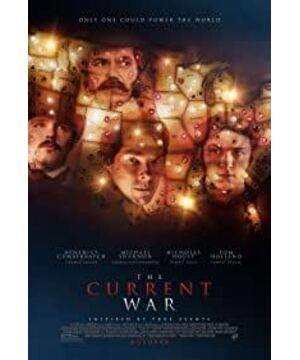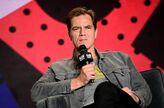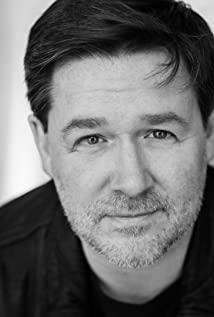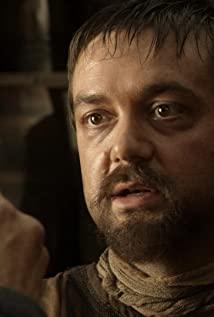The film allows the audience to see a different Edison.
In people's minds, Edison is a well-known invention king, a diligent who said "genius = 99% sweat + 1% inspiration", and a forerunner of "bringing light to the world" described in textbooks.
But Edison in "Battle of Electricity" is a ruthless and stubborn inventor who is inhumane, and maliciously smears his competitors, not to mention the use of public opinion pressure to slander each other. In a scene in the movie, Tesla came to Edison's office to apply for a job. Edison told Tesla that if he could successfully improve the motor and engine, he would pay him $50,000 (equivalent to $1 million today), Tesla After completing this seemingly impossible task, Edison regretted it. Edison said that the salary of $50,000 was just a joke and should not be taken seriously. Who would have thought that the "King of Invention" is actually a man who is unbelievable and oppressive. What about the profiteers of labor?
At the same time, his stubbornness is also surprising. He insists on linking the new company with his name, because in his opinion, Edison and electricity are synonymous. He hopes that when the world mentions electricity, the first thing that comes to mind is, It's him and no one else.
On the other hand, his opponent, Westinghouse, showed a much friendlier attitude in dealing with the name. Westinghouse was a businessman, but he was not cold and ruthless, he was faithful, sincere, clear in principle, and put his family and friends first.
He will feel grief and indignation over the death of his employees, and he will also worry about whether his AC power is really dangerous. He promotes AC power to reduce the cost of electricity, and hopes to spread the power to thousands of households, so that ordinary people can use it. Uemoto is the electricity that only the upper class can use.
His behavior also formed a sharp contrast with Edison, and his words "electricity is electricity, it does not belong to anyone" also made the audience feel his mind.
The biopic made quite a few mistakes. First of all, the film is called "Battle of Electricity". The real battle of electricity in history is the struggle between Edison, who advocates direct current, and Tesla, who advocates alternating current. However, in the movie, Tesla's role is largely weakened. , which is a pity.
You know, Edison and Tesla in history are the American version of the "Battle of Yuliang", and their years of grievances and hatreds have also become a topic of discussion among the people.
On the other hand, the "power" mentioned in the title of "Power War" has also been weakened, and the whole work feels more like a struggle between capital and money, and Current War has also become a Currency War (Money War), although it is a change of word, affects the direction of the movie, and the plot becomes pale. The film focuses on the story of the characters, which is a good starting point, but the director did not propose the significance of the times beyond the characters themselves, nor did they provide the audience with shocking historical images, but only allowed the audience to see the contradictions and conflicts between the characters and feel The hidden turbulence of the struggle under the background of the great era.
After watching the struggle, the audience thinks more of the content of the characters, such as Edison's "personality collapse", Westinghouse's broad-mindedness, etc., but the movie does not give the audience a clear historical concept, I don't know the impact of this struggle on future generations. As a biopic, such a lack can't help but make people a little disappointed.
View more about The Current War: Director's Cut reviews











